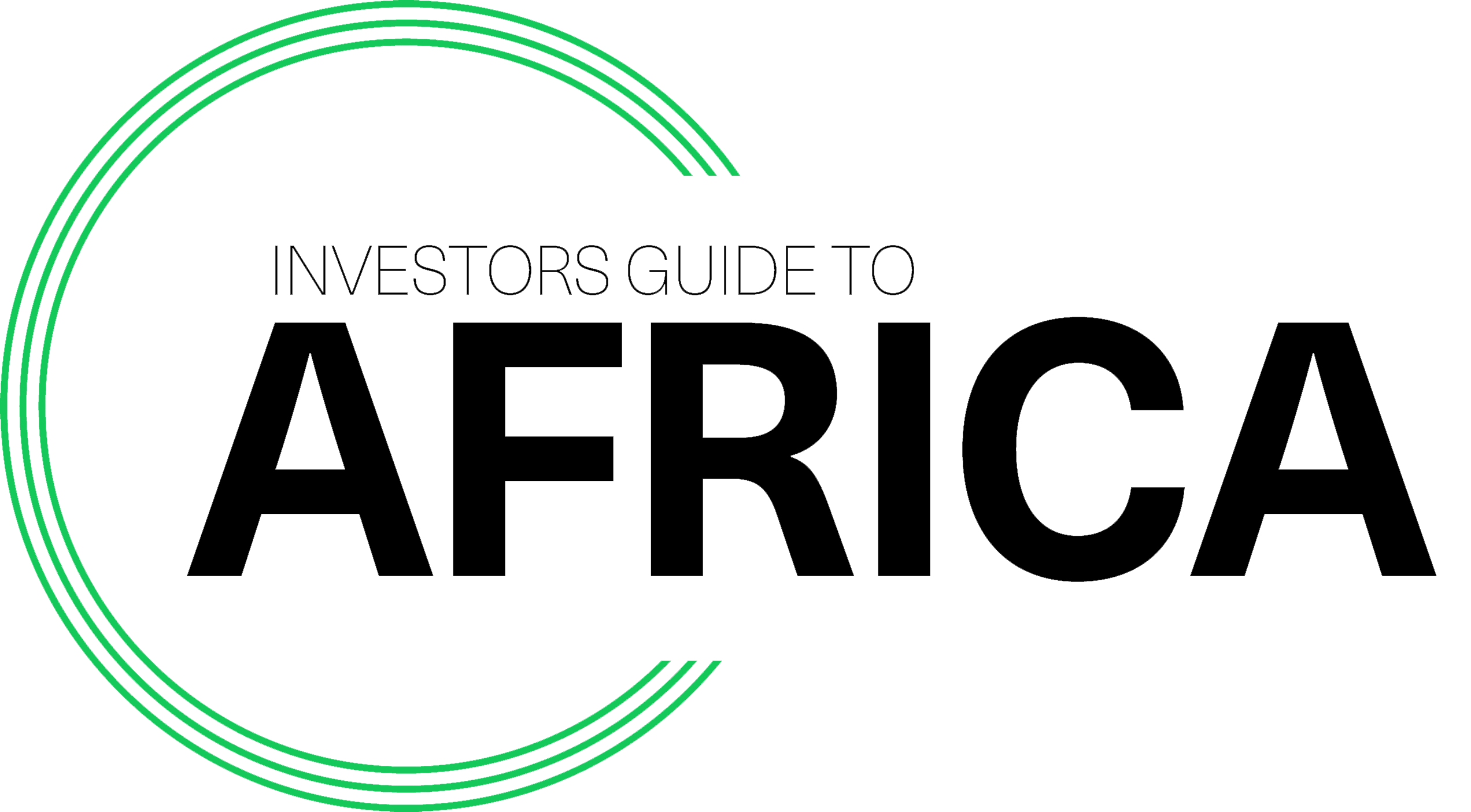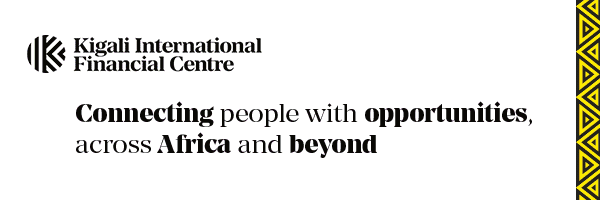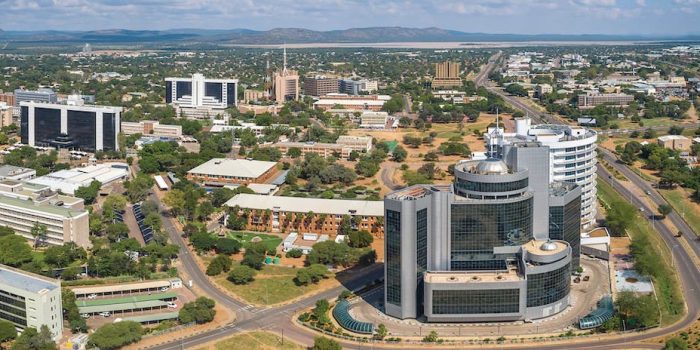Focus On Botswana
Botswana is a small country with a population of about 2.35 million (World Bank, 2020) and nestled between South Africa, Namibia, Zimbabwe and Zambia. Its central location in southern Africa enables it to serve as a gateway to the region.
Botswana has historically enjoyed high economic growth rates and its export-driven economy is highly correlated with global economic trends. Development has been driven mainly by revenue from diamond mining, which has enabled Botswana to develop infrastructure and provide social welfare programs for vulnerable members of the population.
“The World Bank classifies Botswana as an upper middle-income country.”
Botswana is a stable, democratic country with an independent judiciary system. It maintains a sound macroeconomic environment, fiscal discipline, a well-capitalized banking system, and a crawling peg exchange rate system. In November 2021, Moody’s revised its credit rating for Botswana from A2 to A3 with a stable outlook. Ratings are highly influenced by Botswana’s continued dependence on diamonds, which contribute to at least a quarter of Botswana’s GDP and are susceptible to external shocks which places the country at a much higher risk. The diamond industry has however been experiencing a recovery, setting Botswana on a positive trajectory.
Botswana has minimal labour strife. Corruption in Botswana remains less pervasive than in other parts of Africa. The Government of Botswana (GoB) created the Botswana Investment and Trade Centre (BITC) to assist foreign investors. Botswana offers low tax rates and has no foreign exchange controls.
The BITC’s topline economic goals are to promote export-led growth, ensure efficient government spending and financing, build human capital, and to ensure the provision of appropriate infrastructure. GoB entities, including BITC, use these criteria to determine the level of support to give foreign investors. The GoB has committed to streamline business-related procedures, and remove bureaucratic impediments based on World Bank recommendations in a business reform roadmap.
The GoB also established the Special Economic Zones Authority (SEZA) to streamline sector-targeted investment in Botswana’s different geographic areas. The Ministry of Investment, Trade & Industry (MITI) is developing a Trading Service Strategy to facilitate economic diversification and is also working on the African Continental Free Trade Area (AfCFTA) Implementation Strategy.
Due to COVID-19-related economic shortfalls, Botswana drew down heavily on its foreign exchange reserves and government savings. Interventions like the Economic Recovery and Transformation Plan (ERTP) and the Reset Agenda augmented the short-term economic relief package that included wage subsidies, tax amnesties, waivers of certain levies due to government, loan guarantee schemes to support firms’ access to bank credit, and provision of food relief. The president’s Reset Agenda seeks to adjust some priorities in light of new and unexpected challenges and to find smarter ways to implement projects in a timely manner and within stipulated budgets. The ERTP aims to reinforce support already given to affected businesses and also to take advantage of opportunities that have emerged because of the pandemic such as digital services and e-commerce.
Botswana is committed to reducing greenhouse emissions to 15 percent by 2030 through renewable energy projects already underway and listed in the Integrated Resource Plan (IRP). Botswana also adopted a Climate Change Policy in 2021 which seeks to promote access to carbon markets, climate finance, and clean technologies.
Material drawn from the US Trade Administration Investment Climate Statement on Botswana 2022.


